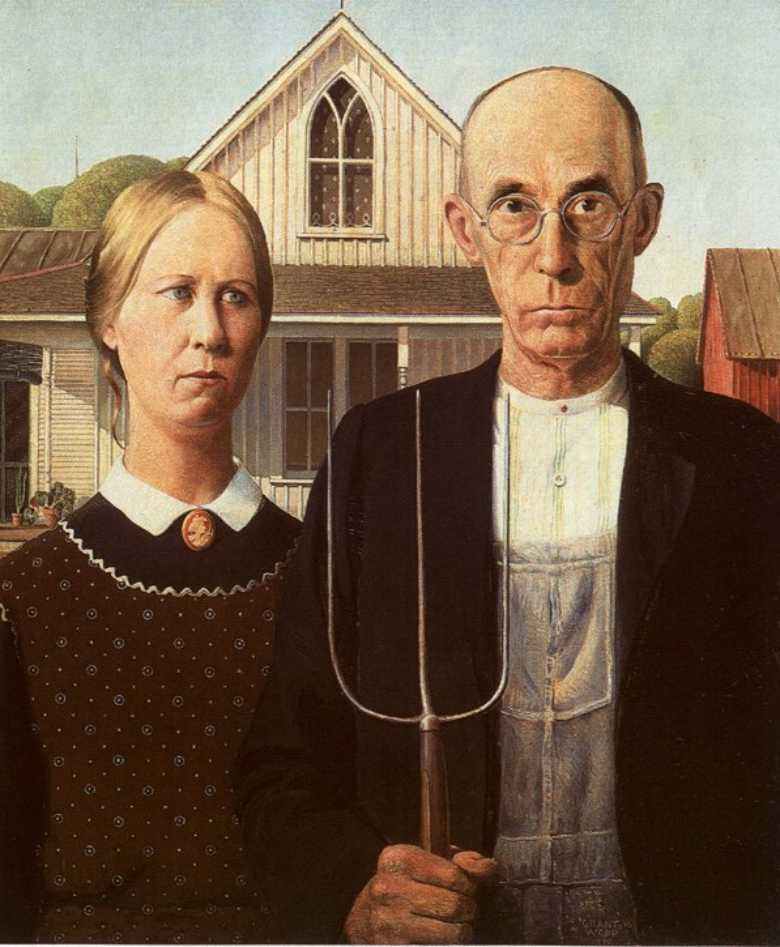 It is said that, if one wants to understand one's own destiny, one need look no further than the life path of one's parents, as much for the roads they have not taken as for the ones they have.
It is said that, if one wants to understand one's own destiny, one need look no further than the life path of one's parents, as much for the roads they have not taken as for the ones they have.
The Parental Biography
Sit in a quiet place and begin to meditate upon the life journey of one of your parents or your significant childhood caregiver. Allow the echoes of the past to reappear, the bits and pieces of your mother's or father's life that you have seen and heard over the years. When you feel ready, begin to write that person's story. Once you begin, you will feel the energy start to flow. This is neither a report requiring factual accuracy nor a work of art, and it is being written for no one else's attention or approval. Take as long as you need to write all you can. The piece can be a page long, or ten, or thirty. Some people will find it excruciatingly difficult to begin. For others the words will just flow out onto the page. Allow your feelings and imagination to guide you. Let the writing take any form it wants: a narrative, a drama, an epic poem, a dialogue, or even a letter from that person to yourself. As it takes form, you may begin to feel your parent's life journey in a new way and be surprised at the manner in which their struggles and hopes relate to your own.
When the biography is finished, read it aloud. Even if you are alone, reading the work out loud will enable you to hear and react to what is genuine and deeply resonant. Once you have done the reading, you can continue to work with it internally. It may stay with you for some time. There is no fixed format or set of questions for working with the parental biography. Writing and reading it through is enough to reveal how many of the themes of your own parents' life are your own, and how you are often called upon to deal with similar circumstances. The purpose of this exercise is not comparison but feeling and amplification - to be able to appreciate that your work in life is not an isolated phenomenon, merely a product of the current job market or of your particular interests or aptitudes, but rather that you are in a process of re-enacting and reworking patterns that span generations in families and are often shared by entire cultures as well.
By opening to our life history, we see that our work in the world brings into play the entirety of our past and its power. That power is there, whether we acknowledge it or not. It will either nurture us or thwart us. There are no "how to's" here. This is not a simple matter of listing five qualities that you have taken from your family and wish to continue to develop, or identifying a family pattern that you want to change. When the world of our feelings truly opens, we connect with the power of our lineage - not just our familial bloodlines, but our professional and spiritual lineages as well. We thus allow ourselves to open to possibilities of employment that include the conscious engagement of the deepest feelings and issues in our lives. We seek neither to idealize nor to damn our past, but to relate to it in an empowered way.
Lives are snowflakes
-
“Lives are snowflakes - forming patterns we have seen before, as like one
another as peas in a pod (and have you ever looked at peas in a pod? I
mean, real...









1 comments:
When I first read this book, I started to do this exercise and then it seemed like "too much" and I didn't complete it.
Even though I only did a few paragraphs, it was informative on many levels. I think it was the first time I had ever looked at my parents from the context of how am I the same...
Usually, I look at them from the perspective of how we are different.
Today, I'm going to work on it, and if I have something coherent, I'm going to put it up at shirleytwofeathers.
Did anyone else do this one?
Post a Comment